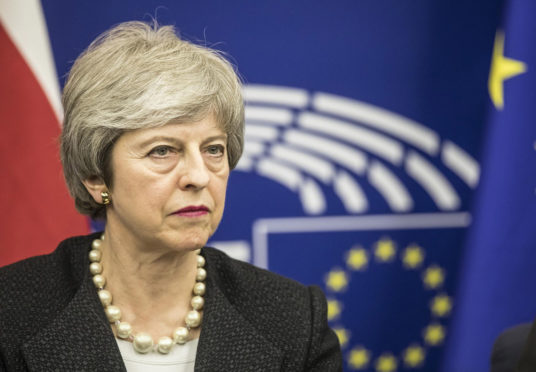Parliament will today “take control” of the Brexit process as MPs debate and vote on a number of alternatives to Theresa May’s deal.
The votes follow a historic move on Monday night when MPs upturned the convention that the government decides how time is split up in the House of Commons.
How will the votes work? Under the plan put forward by Tory MP Sir Oliver Letwin, at 2pm normal proceedings in the Commons will stop and MPs will then consider a series of motions setting out alternatives to Mrs May’s Brexit deal.
Alternatives tabled by MPs ranged from no-deal, a “hard Brexit” option of a free trade agreement with the EU, variations of a customs union or “softer Brexit” to a second referendum and revoking Article 50, which would in effect cancel Brexit altogether.
Speaker John Bercow will decide at the outset of the debate which options to select for a vote.
The selected proposals will then be put on a ballot paper and MPs will be asked to vote yes or no to each of them.
There will be half an hour set aside for these votes from just after 7pm on Wednesday.
MPs will be able to vote for as many of the proposals as they wish to support and the result of the votes will then be published at around 9pm.
Labour MP Hilary Benn, who helped draft the plan, said: “The House will then need to reflect on the outcome, as in which proposition(s) received the most support, before moving on to further consideration of these options on Monday April 1”.
Will MPs get a free vote? Nothing was confirmed last night but MPs on both sides have been urging Jeremy Corbyn and Theresa May to give them a free vote.
Will the government have to obey the result? Mrs May has said she will not necessarily be bound by the results – particularly if they are “undeliverable” by the EU.
That prompted Tory former minister Nick Boles to warn that MPs could bring forward legislation forcing the government to act if ministers try to ignore the wishes of Parliament.
What happens after today’s votes? There will be another set of votes at 6pm next Monday.
This is thought to be an opportunity to refine the options and hold preferential votes – where MPs number their choices 1, 2 and so on – to narrow down what people want.
